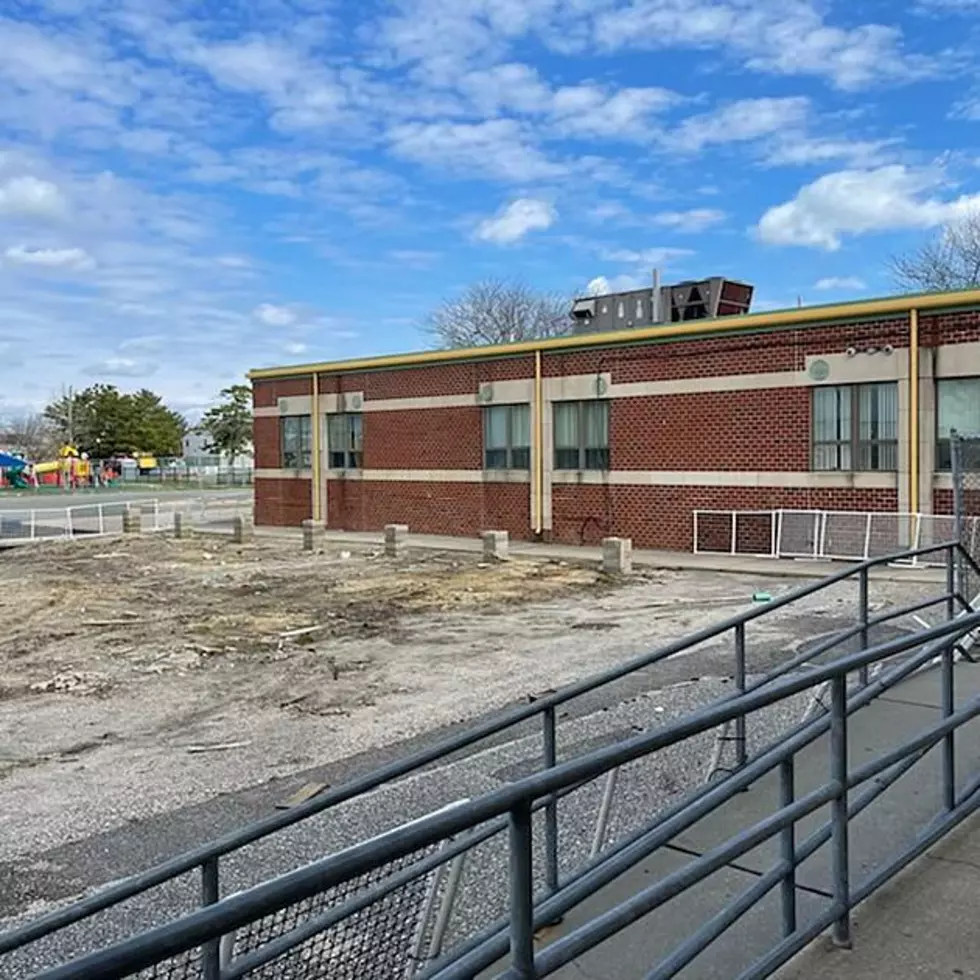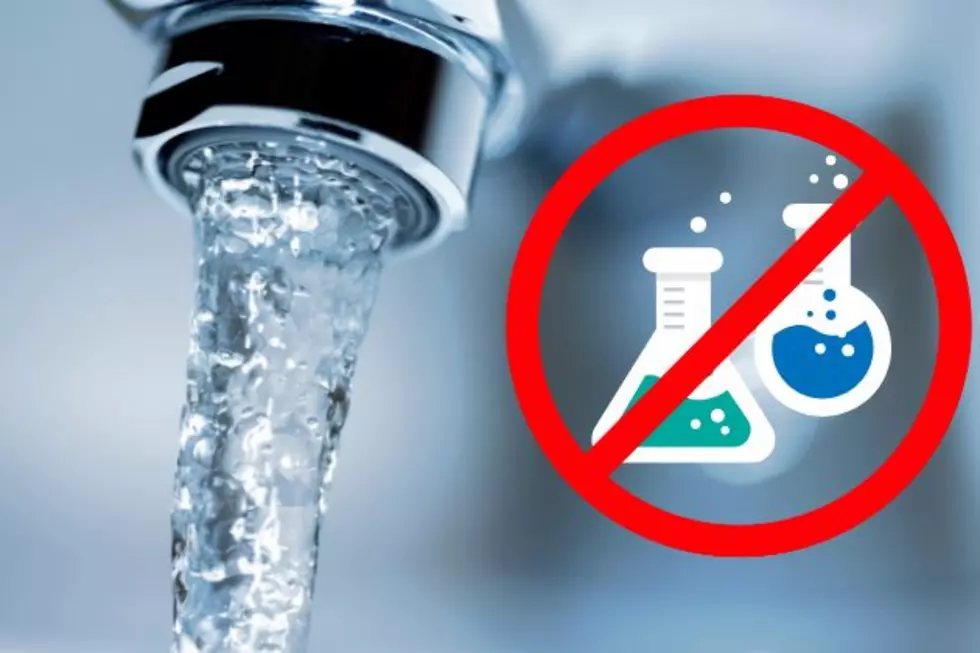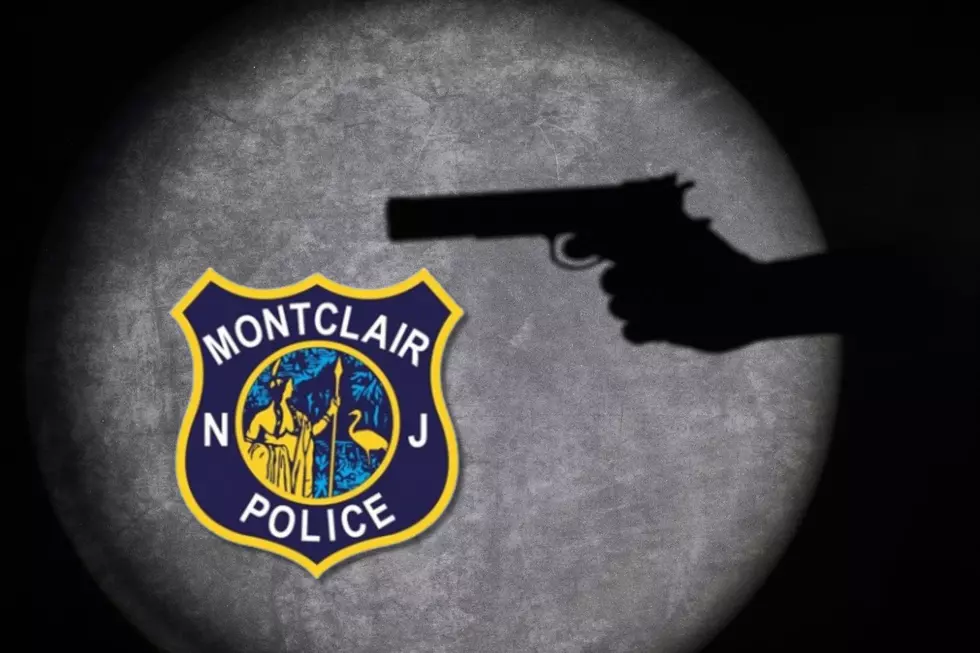
Murphy Begs Critics to See NJ School Mask Mandate Above Politics
TRENTON – After saying for weeks that a decision about a mask mandate could wait until closer to the first day of school, Gov. Phil Murphy announced it with nearly a month until the opening bell.
Murphy said conditions don’t allow for any other conclusion – medical and virus conditions, not political ones. And he said that although masks have become a political issue, they don’t have to be one.
“This is a simple step that each of us can take, kids and adults, that meaningfully pushes back against the transmission of this virus and especially against this variant,” Murphy said.
He acknowledged that some people are protesting – including outside of the Friday event where he announced the mask mandate, then again Saturday outside his home – but said it was a decision based on facts.

“Let’s leave the politics at the door. This is not about politics. This is above politics,” Murphy said. “This is doing the right thing, and I beg folks to see that even if they’re not happy about this.”
Some parents and groups are happy with the decision. School administrators no longer have to make the choice on a district-by-district basis, which makes their back-to-school prep easier.
Janet Fike, president of the New Jersey Association of School Administrators, celebrated Murphy’s announcement as a great day.
“All school leaders around the state, I assure you, are drawing a big sigh of relief because the continuing divisiveness about wearing masks in schools has come to a close,” said Fike, superintendent of schools for the Morris-Union Jointure Commission, a regional district for students with autism.
Fike said the mask debate polarized communities, with school officials pelted with questions at official meetings, community forums, even online at Starbucks.
“Today hopefully that is over and we’re moving on,” Fike said.
Even if it does end the mask debate, the mandate and rising virus concerns could fuel interest in remote school options, which are currently not allowed for the 2021-22 school year.
It’s also a less aggressive step than the vaccine mandate Murphy has given workers in health care, nursing homes and prisons, who have until Sept. 7 to get vaccinated or submit to COVID tests at least once a week.
Marie Blistan, president of the New Jersey Education Association, said the state’s largest teachers’ union does urge its members to get the shot.
“Because everyone who gets the vaccine now helps make our schools and our communities safer,” Blistan said.
Some Republicans said Murphy's close relationship with the NJEA drove the mask mandate, not science. They say parents should decide if their children wear masks.
“Gov. Murphy seems oblivious to the fact that children have a 99.97% survival rate for COVID-19 and few develop symptomatic let alone serious infections,” said Sen. Mike Doherty, R-Warren. “Given the minimal risk, it’s clear the governor’s new mask mandate has little to do with public health and much to do with politics. Maybe if it wasn’t an election year, Gov. Murphy would give parents the same consideration he’s giving to the teachers’ union.”
The president of the New Jersey chapter of the American Academy of Pediatrics, which supports mask mandates in all schools, said she is worried by what she hears from colleagues in states such as Florida, Alabama, Georgia and Texas.
“This is causing more severe disease in children, and their pediatric ICUs are filling up with children with COVID. That scares me as an ICU doctor,” said Dr. Jeanne Craft.
In Louisiana, which has the nation’s highest COVID rates currently, more than 3,400 children tested positive for COVID in four days last week.
Since the start of the pandemic, one of every eight COVID cases in New Jersey has involved minors – 93,506 school-age children between the ages of 5 and 17 and 20,802 kids younger than 5 years old, according to data from the state Department of Health.
Of those, 5,413 have needed to be hospitalized – 4,547 school-age kids and 866 preschool-age kids – accounting for 6% of hospitalizations. Just seven have died, five of whom were younger than age 5.
See How School Cafeteria Meals Have Changed Over the Past 100 Years
Delta variant dominating NJ - here are signs you may have it
More From WPG Talk Radio 95.5 FM










